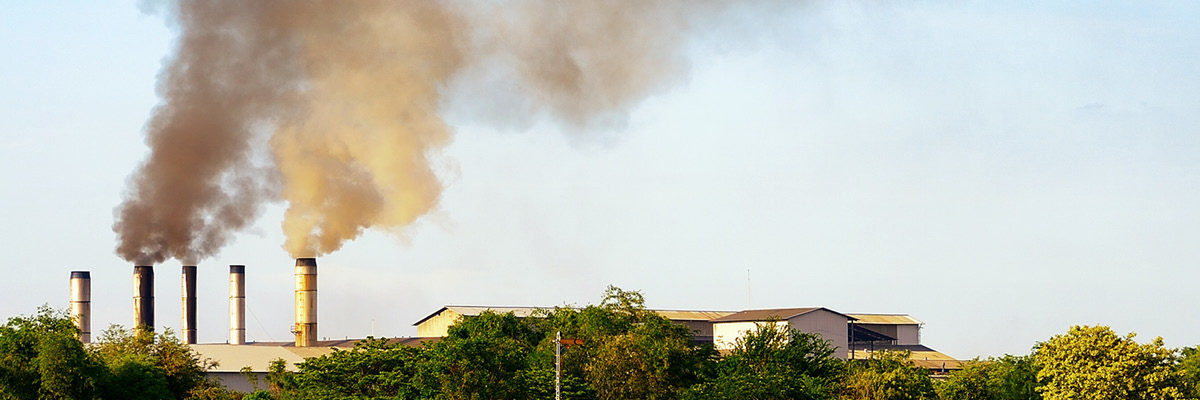

WEDNESDAY, March 20, 2023 (HealthDay News) — Planting trees and bushes near busy highways helps clear the air of harmful air pollutants from motor vehicles, new research affirms.
"They provide benefits that go beyond aesthetics," Roby Greenwald, an associate professor of public health at Georgia State University in Atlanta, said in a university news release.
"But," he added, "I don't want to give anyone the impression that we can solve all of the problems associated with motor vehicle emissions simply by planting trees."
Greenwald is the lead author of a new study that sampled air quality along five Atlanta-area highways and interstates. The findings were recently published in the journal PLoS One.
When air at sites with natural or ornamental vegetation was compared with that from similar sites without vegetation, the results were clear: Soot levels were 37% lower and ultrafine particles, 7% lower.
Vegetation doesn't, however, reduce hazardous carbon dioxide emissions or ozone pollution, Greenwald emphasized.
"Trees and bushes near roadways don't solve the problem of air pollution caused by motor vehicles, but they can help reduce the severity of the problem," he said in the news release.
Motor vehicle exhaust has been linked to asthma, chronic bronchitis, lung cancer and heart attacks, and remedies are urgently needed, researchers said.
In the U.S., 45 million people live, work or go to school within 300 feet of a major highway, they pointed out.
Vegetation at the roadside pulls pollutants from the air in several ways. For one, it provides a large surface area where small airborne particles can land.
Previous research has investigated the role roadside vegetation can play in cleaning the air over time. Researchers used a model that accounted for factors such as wind direction, traffic volume and proximity to the highway.
To make a bigger impact on air quality, local governments should make it safe, convenient and agreeable for folks to get where they need to go without a motor vehicle, Greenwald said. That might mean making more public transportation available, for example, or developing and improving bike and pedestrian paths.
More information
The nonprofit One Tree Planted has more about how trees clean the air.
SOURCE: Georgia State University, news release, March 19, 2024
There's Still Confusion on How to Spot, Treat Severe Allergic Reactions
Wildfire Smoke Is Choking America's Cities -- Is Yours on the List?
Are You Ruining Your Child's Chance To Avoid Food Allergies?
Antibiotics Might Increase Risk of Childhood Asthma, Allergies
Some Chocolate Products Labeled 'Dairy-Free' Contain Milk, FDA Finds
Tools You Can Use to Control Winter Asthma, Allergy Symptoms
Wildfire Smoke Is Choking America's Cities -- Is Yours on the List?
Timing Might Be Everything With Asthma Inhalers
Some Cases of Recurrent Wheeze in Kids May Need New Treatment
More Kids Without Asthma Inhaler After Popular Product Taken Off Market